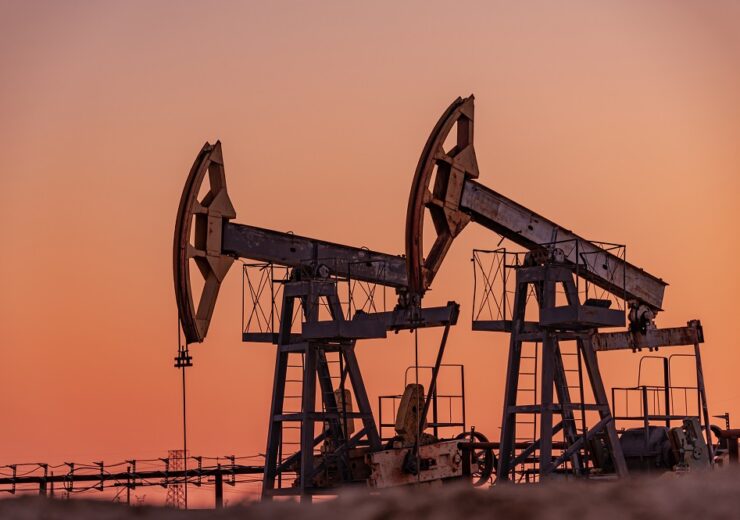
A pumpjack drilling crude oil. (Credit: ded pixto/Shutterstock)
An environmentalist said the oil exploration in Block B2 reserve of Jonglei State poses a threat to the Sudd ecosystem and the local population, and urges the government and oil companies to carefully assess the risk of the project.
Bol Abraham Garang voiced the concern after South Africa’s state-owned oil company, Strategic Fuel Fund completed initial aerial survey on the oil reserve based in the state.
Garang, the Executive Director of Environment Protection Agency said most of Jonglei is covered by the Sudd wetland, which is one of the largest swamps in the world.
He said the oil exploration will cause what he termed environmental stress and if not managed carefully.
“Most parts of Jonglei is covered by the Sudd wetland, we know the impact of the oil exploiration production sometimes bring environmental stress and environmental problems if it is not managed well,” he said in an interview with Eye Radio.
“Take the context of our technology. We’re still very far and below the rest of the world. We lack a lot of environmental laws in the country it will be very hard to manage the exploration in that sensitive location.”
“I see the exploration and production of oil in Jonglei state as an attack to Sudd in summery it is a direct threat to the Sudd compared to were we have a lot of biodivacity in the Sudd.”
South Sudan and South Africa in May 2019 inked a six-year Exploration Production Sharing Agreement for Block B2 in Jonglei State.
The deal was signed by South Sudan’s ex- Minister of Petroleum Ezekiel Lol Gatkuoth, and Jeff Radebe, South Africa’s Minister of Energy.
In the agreement, South African committed $50 million for the exploration of Block B2, covering a 120,000 square kilometer which is said to be rich in hydrocarbons.
Garang further said the exploration should not be rushed like the other explorations carried out by the Sudanese government in Palouch of Upper Nile State and Unity State.
“We don’t want our government to act like what happened in Sudan when they explored the oil in Paloch, Upper Nile and Unity state. It was done in hurry and there were no environmental standards that were prioritized to protect the people and the environment.”
He called on the government to prioritize the lives of the people and the environment.
“We know the constitution of South Sudan says the natural resources in the country belongs to the government, but the government should prioritize the life of the people and the environment.”
Environmentalists say South Sudan experienced environmental damage, deforestation, soil and water contamination, and health issues in and around the oil-producing areas.
In the past, the Ministry of Petroleum and oil companies came under increased criticism over oil leakages that reportedly contaminated the ecosystem around the oil-producing areas.
Both local and international campaign groups have reported widespread environmental pollution, as chemicals from oil wells are said to have been washed to settlements by floodwaters, leaving animals and people affected.
Reports emerged of women giving birth to deformed babies and stillbirths and were subsequently confirmed by indigenous community.
Support Eye Radio, the first independent radio broadcaster of news, information & entertainment in South Sudan.
Make a monthly or a one off contribution.
Copyright 2024. All rights reserved. Eye Radio is a product of Eye Media Limited.